Blog
-
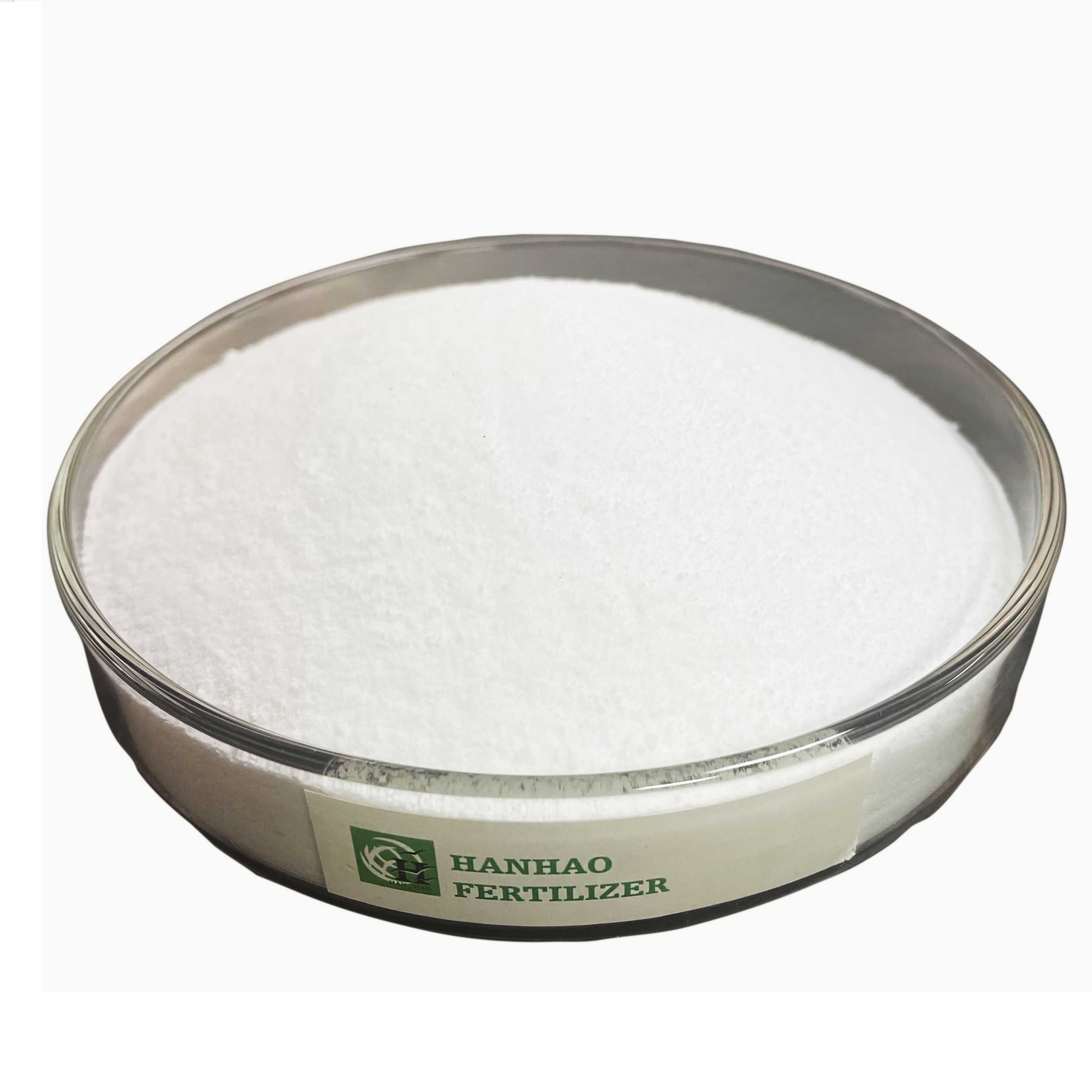
Potassium for crop production
Potassium (K) is an essential nutrient for plant growth. It’s classified as a macronutrient because plants take up large quantities of K during their life cycle.Minnesota soils can supply some K for crop production, but when the supply from the soil isn’t adequate, a fertilizer program must supply the K.Here, we’ll give you a basic understanding of K, including plants’ K nutrition, how it reacts in soils, its function in plants and its role in efficient crop production. In addition, you’ll find information about soil tests, K sources, predicting potash needs and effectively applying K to your fields.Đọc thêm -
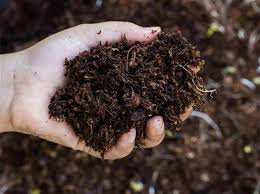
Impact of Using Organic Fertilizer on Soil and its Properties
Organic agriculture includes the right combination of organic, social, environmental, and ethical goals. The best part is that many organic materials act as fertilizers and soil conditioners; they feed both plants and soil. They are the best alternative to increase the productivity and quality of crop growth.In addition, the use of organic fertilizers in agriculture guarantees that the food produced is free of chemicals harmful to health. Therefore, instead of using artificial fertilizers, it is recommended to apply organic fertilizers to maintain the properties of the soil and improve its productivity.Đọc thêm -
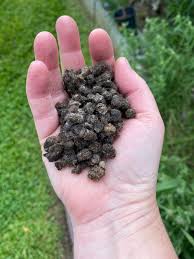
The Pros of Organic Fertilizers
We may collect a share of sales from items linked to on this page. Organic gardening has surged in popularity as more people realize synthetic fertilizers’ effects on the environment. Most people choose organic fertilizers because they are made from natural elements, making them better for plants and the environment.But are organic fertilizers really the best option? We’ll explore the pros and cons and help you decide whether they’re suitable for your garden.Đọc thêm -
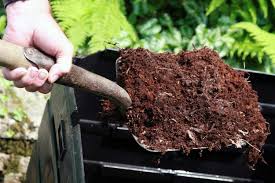
The Impact of Fertilizers on Soil Health: Balancing Growth and Sustainability
Fertilizers are pivotal in modern agriculture, providing essential nutrients to crops and boosting agricultural productivity. However, using fertilizers has raised concerns about its potential impact on soil health. Striking a balance between achieving robust crop yields and preserving the soil’s long-term health is essential for sustainable agriculture. This article delves into the multifaceted impact of fertilizers on soil health and explores strategies to promote a harmonious coexistence between intensive cultivation and the preservation of this vital resource.Đọc thêm -

What are the environmental benefits of organic agriculture?
Sustainability over the long term. Many changes observed in the environment are long term, occurring slowly over time. Organic agriculture considers the medium- and long-term effect of agricultural interventions on the agro-ecosystem. It aims to produce food while establishing an ecological balance to prevent soil fertility or pest problems. Organic agriculture takes a proactive approach as opposed to treating problems after they emerge.Đọc thêm -

Five Benefits of Soil Organic Matter
Organic matter (O.M.) plays a significant role in crop production and soil health. Building and maintaining a healthy soil that has more organic matter can aid in providing a stronger foundation for higher crop yields and resiliency to environmental stresses.Higher soil organic matter levels often translate into sustainable systems that produce higher, more consistent yields and greater long-term profitability.A review of soils with varying quantities of organic matter were correlated with yield and indicated productive soils often had 3.0-3.5% organic matter and that maximum yields were generally achieved on soils with approximately 3.75% organic matter (Figure 1, Fernández et al., 2012, Oldfield et al, 2019).Đọc thêm -
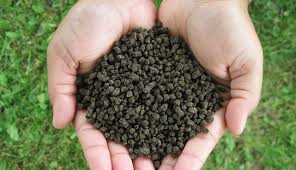
What are the advantages of organic fertilizers?
Organic fertilizers are fertilizers produced entirely of natural raw materials of plant or animal origin. Mostly based on manure of compost. The nutrients in organic fertilizers, including nitrogen, phosphorus and potassium, are released when soil organisms such as beneficial bacteria and fungi break down the fertilizers pellets. These micro-organisms found in the soil are also called soil life.Đọc thêm -
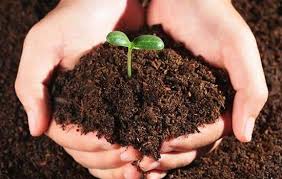
Advantages Of Using Organic Fertilizer
With 82% of U.S. households buying organic products, according to the Organic Trade Association, organic fertilizers are going to be an important tool for fertilizer users to consider when building programs. Here are 8 advantages and disadvantages to consider when using organic fertilizers in your program.Đọc thêm -
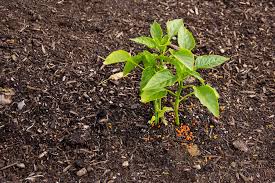
How organic fertilizers improve soil health
Soil health is crucial for plant growth and ecosystem stability. Healthy soil contains necessary nutrients and microorganisms to support plant growth and maintain environmental balance. However, in many parts of the world, the use of synthetic fertilizers, insecticides, and other chemical inputs has had adverse effects on soil health. The solution to this problem is to use organic fertilizers, which can improve soil health and support sustainable agriculture. In this article, we will explore the significance of soil health, the benefits of organic fertilizers, and how they can improve soil health.Đọc thêm

